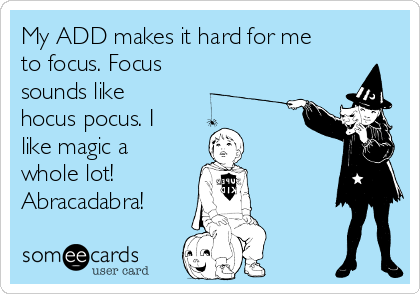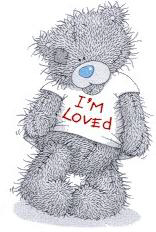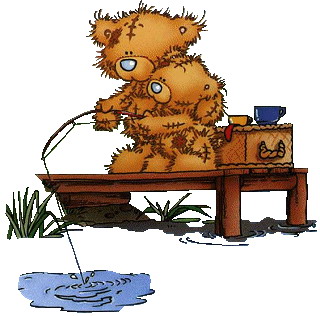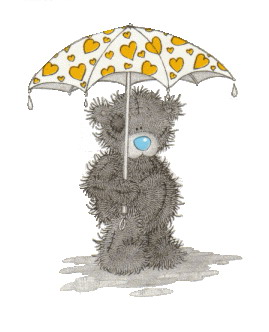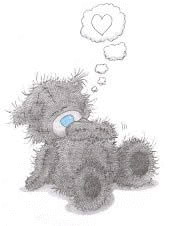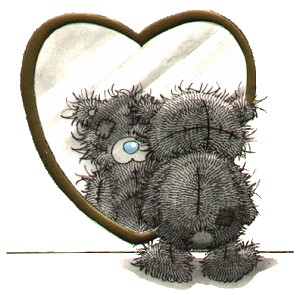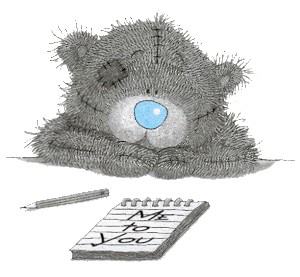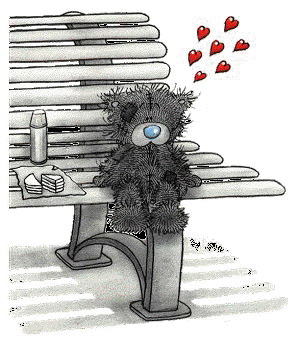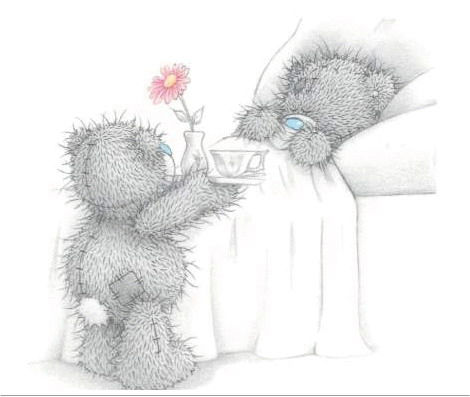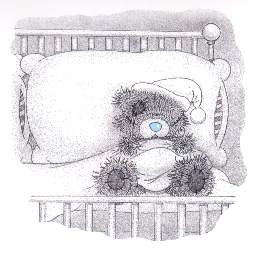You are currently browsing the tag archive for the ‘psychotherapy’ tag.
Tag Archive
What’s A.D.D. Like? …..1/5/20
January 5, 2020 in Acceptance, ADHD, Behavior/Habits, Challenges/Obstacles/Problem Solving, Change, PGC Blog, Relationships, Thoughts/Thinking | Tags: afraid, attention, body, brain, challenge, cognitive behavioral, deficit, difficulty, disorder, evaluated, feet, focused, hand, head, help, hyperactive, important, inattentive, legs, live, medication, motion, movement, moving, neuropsychological, pattern, people, psychotherapy, thought, topic, wired | Leave a comment
A.D.D., Attention Deficit Disorder, comes in three forms: inattentive, hyperactive or combined. Some people’s brains are wired differently. The inattentive form has difficulty staying focused on one topic for very long. The above quote illustrates pretty well the training pattern of the thoughts. The hyperactive form manifests itself usually in continuous body motion. That may be hand moving, head movement or feet and legs moving. The combined type has both. It’s important to note that ADD is a neuropsychological disorder. It responds well to both psychotherapy, particularly (cognitive behavioral therapy, CBT) and medication. It is a challenge to live with A.D.D. in yourself or a loved one. Don’t be afraid to get evaluated and, if needed, help.
Peace, John
Fellow bloggers,
We recently posted our 400th blog. Thank you for following us. I hope you are enjoying them. Please send me your feedback and, if there are topics you would like covered, let me know. Have a blessed, healthy and happy New Year!
Stuck Thoughts…. 10/7/18 OCD
October 7, 2018 in Anxiety-Worry-PTSD, OCD, PGC Blog, Thoughts/Thinking | Tags: anxiety, broken, disorder, dizzying, effective, frantic, genetic, help, irrational, medication, OCD, positive, psychotherapy, self-help, stuck, support, therapist, thoughts, unstuck | Leave a comment
I sometimes ask, “Does it ever seem like your thoughts get going faster than you can catch up to?” While a positive answer may indicate OCD (Obsessive-Compulsive Disorder), it could also point to other disorders. OCD is classified as an anxiety disorder. A good therapist should be able to screen for OCD. There are definite genetic factors at play for some. For many, OCD is manageable with medication and psychotherapy. Medication helps slow down the unwanted/irrational thoughts and allows the therapy to be more effective. Support groups and self-help groups are available. If you have, or know someone who may have the “broken machine” of OCD, why not get unstuck, or help them get unstuck, and have a chance of smoothing out that frantic ride on the hamster wheel? It can be dizzying; help is available. Remember OCD is a “disorder” not the person!
Peace, John
You can be a guest blogger. Find a quote that speaks to you and write a few sentences about it and what it means to you. Send it all to me in an email with subject line reading “Guest Blogger.” I will review and publish it, with gratitude, and with the hope that others will benefit from it as well. Peace, John
OCD (Obsessive Compulsive Disorder) …. 8/13/17
August 13, 2017 in Feelings, OCD, PGC Blog, Thoughts/Thinking | Tags: activities, adolescents, antagonize, anxiety, available, behaviors, checking, children, cleaning, client, clinicians, compulsions, compulsive, confirm, continuum, counseling, count, daily, discuss, disorder, disruption, exacerbate, experientially, families, feel, females, function, Google, handwashing, help, ideas, impossible, incapacitate, intensity, interactions, interfere, licensed, males, medication, milder, NAMI, obsessions, obsessive, OCD, OCD Foundation, persist, prevalence, professional, psychiatric, psychotherapy, recurring, remember, repetitive, repetitively, screen, sensations, simply, social, suspect, suspicions, symptoms, thoughts, trained, treatable, tree, trimmed, unwanted, workplaces | Leave a comment
The American Psychiatric Association (APA) defines Obsessive-Compulsive Disorder (OCD) as an anxiety disorder in which people have recurring, unwanted thoughts, ideas or sensations (obsessions) that make them feel driven to do something repetitively (compulsions). The repetitive behaviors, such as hand washing, checking on things, counting or cleaning, can definitely interfere with a person’s daily activities and social interactions.
Some with OCD can also have repetitive thoughts, or repetitive behaviors but not both. It’s important to remember that it is an anxiety disorder and anything that increases anxiety can exacerbate the symptoms of OCD.
In the United States, the prevalence is about 2% in adults; women are slightly more likely than men to experience it. Children and adolescents can also have OCD.
OCD is treatable with medication and/or psychotherapy/counseling. As with most disorders, it’s important to remember that there are degrees of intensity for many people who have OCD. Milder forms have little disruption to a person’s daily activities; more severe forms can literally incapacitate people, making it impossible for them to function in their families and/or their workplaces. Many with OCD are somewhere in the middle of this continuum.
Someone once told me that a good screening question for OCD would be to ask my client if they tended to count things. Apparently, a high percentage of people with OCD tend to count and repetitively recount things. Since then, when I have suspected OCD in a client, I have asked them that question and then provided them with a pen & paper OCD screen. Experientially, I find that question highly likely to confirm my suspicions.
Help is available! Most licensed and trained clinicians can screen for OCD and organizations like NAMI, The National Alliance for the Mentally Ill, and the OCD Foundation, among others, have information available. Google is a good source as well. If you suspect yourself, or someone you know may have OCD, reach out and discuss it with them and/or a professional. You may need to persist if it’s a loved one – don’t antagonize and be careful that you don’t get labeled as OCD in your persistence!
And remember, not everybody can simply enjoy watching their tree be trimmed!
Peace,
John
Recovering From Depression … 4/17/16
April 17, 2016 in Change, Depression & Bipolar, Self Esteem, Confidence | Tags: accomplishment, adjustment, affirmations, antidepressant, assessment, behaviors, biochemistry, calendar, change, choices, cognitive behavioral, control, creative, depression, distract, energy, feedback, focus, goals, medication, Mental Health, monotony, mood, motivation, moving, people, physical, positives, professional, psychotherapy, purpose, recovering, recovery, self-esteem, spiral, structure, stuck, support, talk, Therapy, thoughts, timetable, to do list, treatment, volunteer, walk, world | Leave a comment
Depression is a frequent challenge for many of the clients in our clinical practice. Depression can be as simple as an adjustment to a life situation such as a layoff at work or the breakup of a relationship. It may be more complicated by a long-term pattern of low self-esteem aggravated by poor choices and a lack of a healthy support system. For some people it may be the result of shortcomings in the biochemistry of their bodies. And for some it includes all the above.
Recovery from depression often involves an assessment by a mental health professional and then treatment including medication and/or psychotherapy. Cognitive behavioral therapy has proven effective in many cases. Following an evaluation, the counselor works with the person to find behaviors and thoughts which affect the person’s mood. The new belief is that changing one’s thoughts and one’s behaviors can influence the mood. This is frequently true, sometimes when assisted by antidepressant medication.
Doing nothing with depression usually leads to its worsening. It’s like a downward spiral – the worse you feel, the less you feel like doing something different. When you don’t think or do things differently, you feel more stuck and more depressed. The irony is that, as depression progresses, one feels less and less able or willing to do anything about it. Depression can rob a person of the motivation or the ability to think about things differently or to try different behaviors.
Reversing the downward spiral involves exerting energy to change what you are doing and how you are thinking about your self and the situations where you find yourself. The ideas presented in the above quote address both new ways of thinking and things to do that are likely to lessen the depression. If you’re feeling down or depressed today, why not pick one or two of them and try them out? If you do, I would appreciate your feedback.
Please consider sharing this blogpost. Thank you.
Peace, John

